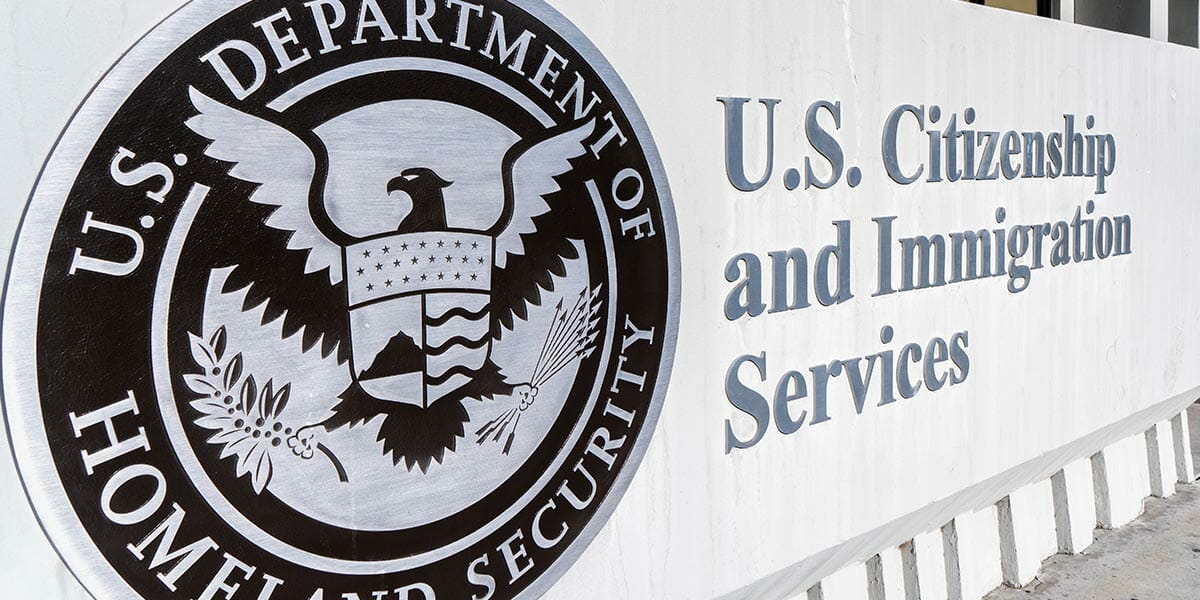
U.S. Citizenship and Immigration Services (USCIS) announced Wednesday it would first request more evidence from immigrant visa applicants before denying their application, as part of the Biden’s administration’s broader efforts to reduce barriers to legal immigration.
The agency said in a statement that it was updating its policies around expedited processing of applications, changing the guidance around Requests for Evidence (RFEs) and Notices of Intent to Deny (NOIDs), and increasing the validity period for certain Employment Authorization Documents (EADs).
“We are taking action to eliminate policies that fail to promote access to the legal immigration system, and will continue to make improvements that help individuals navigate the path to citizenship, and that modernize our immigration system,” said Secretary of Homeland Security Alejandro N. Mayorkas in a statement.
Requests for Evidence and Notices of Intent to Deny
USCIS said it would rescind a 2018 Trump-era memo that allowed immigration officers to deny certain incomplete or ineligible applications instead of first issuing an RFE or NOID.
“This updated policy will ensure that benefit requestors are given an opportunity to correct innocent mistakes and unintentional omissions,” the agency said. “In general, a USCIS officer will issue an RFE or NOID when the officer determines additional information or explanation may potentially establish eligibility for an immigration benefit.”
Expedited Processing
The agency said it would clarify when an application qualifies for expedited processing, making it easier for immigration officers to judge requests for faster processing. The updated policy will also once again permit a nonprofit organization to request expedited processing, even when premium processing is available.
Employment Authorization Documents
The current one-year validity period for both initial and renewal EADs will be increased to two years for certain adjustment of status applicants. By increasing the validity period of work permits, USCIS said it hopes to decrease the number of EAD requests the agency receives, which should help reduce the current processing delays of adjustment of status applications.
“These policy measures are consistent with the Biden-Harris administration’s priorities to eliminate unnecessary barriers to our nation’s legal immigration system and reduce burdens on noncitizens who may be eligible for immigration benefits,” said Acting USCIS Director Tracy Renaud. “USCIS is committed to promoting policies and procedures that ensure we operate in a fair, efficient, and humane manner that reflects America’s heritage as a land of opportunity for those who seek it.”
Boundless has put together a guide tracking President Biden’s immigration policies and actions.